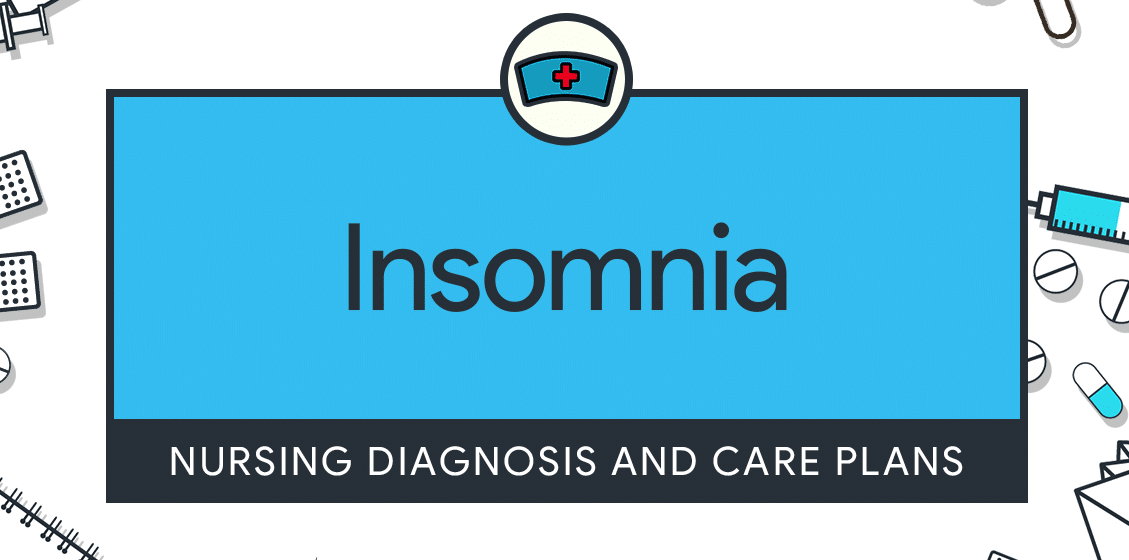An insomnia Nursing Care Plan will address all aspects of the patient’s condition, including physical, physiologic, and emotional causes. Physiologic and physical factors that contribute to the condition may include avoiding caffeine, alcohol, or heavy meals before bed, and making sure the patient has the proper fluid intake. Behavioral factors may also be a contributor to sleep disturbances. To create an insomnia Nursing Care Plan, you should first identify the specific factors that cause the disorder.
Non-pharmacological interventions
Insomnia is a very common condition. It is closely associated with other health problems and can exacerbate the condition of others. Non-pharmacological interventions include evaluating the patient’s sleep patterns, identifying potential causes of insomnia, and working with a doctor to decide on appropriate therapy. The nurse should also be aware of changes in the patient’s sleep patterns and verbally express how they feel when they are fully rested.
Medications used in the management of insomnia
Medications used in the treatment of insomnia include diphenhydramine, doxylamine, and trazodone. These drugs inhibit brain activity and have been shown to increase sleep duration, quality, and onset. However, these drugs may have side effects, including transaminase elevation. Unless a patient has a comorbid mental health disorder, these drugs should be avoided.
Lifestyle factors
An important part of an insomnia nursing care plan is identifying lifestyle factors that can be contributing factors to a patient’s problem. One important lifestyle factor to consider is when a patient is taking certain medications. Taking these medications at night may be counterproductive to treating insomnia. Additionally, some medications have side effects that can make it difficult to get to sleep. The nurse should be aware of any side effects or medication interactions to avoid causing a patient to become more irritable during the night.
Idiopathic insomnia
A Nursing Care Plan for Idiopathic Insomnia should be developed by a physician with specific training in this condition. This particular disorder is often the result of a chronic shift in a patient’s sleep pattern, causing disturbed thought processes. Insomnia patients often exhibit impaired attention span, lack of clarity and decreased cognitive capacity. These impairments affect the patient’s ability to make rational choices and judgments when making plans.
Importance of Nursing Care Plans for Nurses – What is Their Role?
Stress
Insomnia is one of the most common problems among nursing home residents. Inadequate sleep can lead to cognitive and linguistic difficulties. Patients with moderate to severe anxiety can experience difficulty concentrating. Stress-related changes in sleep patterns can increase physiological responses. Physiological changes related to lack of sleep can be alleviated through proper breathing exercises and relaxation techniques. Patients may also be educated on how to reduce their anxiety levels in a calm, relaxing environment.
Alcohol
Alcohol can contribute to insomnia by having sedative effects. Alcohol enhances the functions of neurotransmitters in the brain that promote sleep, including GABA. Regular use can cause sedation and make a person feel tired, and the resulting sleepiness will cause the patient to become more prone to alcohol use disorder. During the course of the patient’s life, the amount of alcohol consumed may increase, leading to tolerance and increased self-administration of alcohol before bed.
Medical devices
Insomnia can be caused by a variety of different factors, including physical ailments, mental health problems, and uncontrolled stress. Patients may suffer from insomnia because they’re stressed about work, a new relationship, or a stressful family situation. A physical examination can also identify other contributing conditions. During this step of the nursing care plan, nurses should ask patients about their sleep habits to help them develop self-control.





